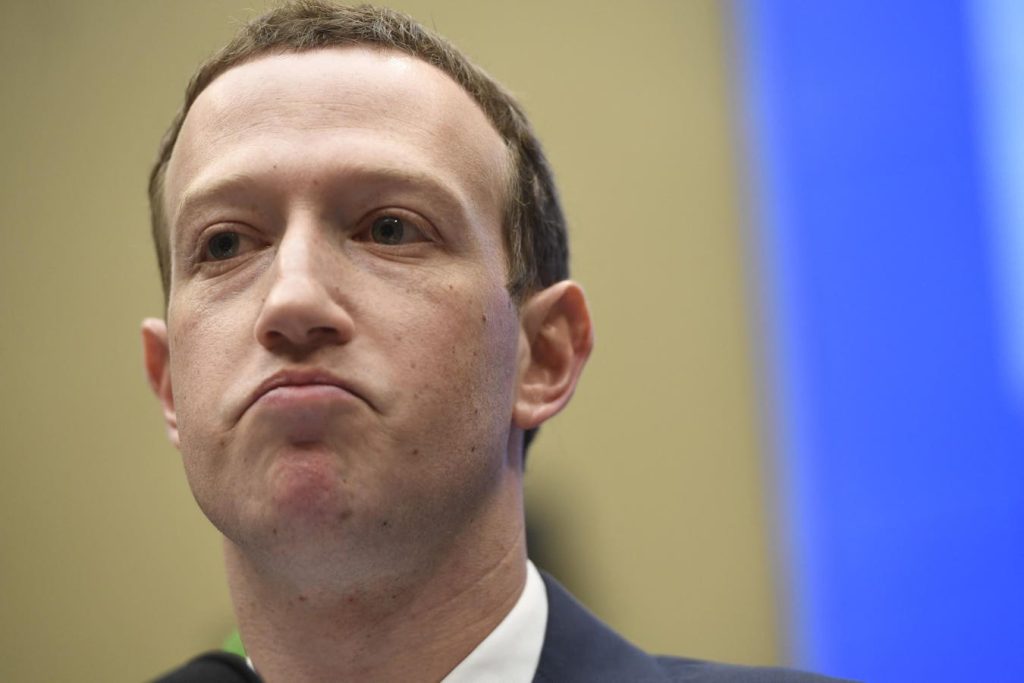Facebook, just six days before the 2024 presidential election, is under fire for running hundreds of ads from pages that falsely claim the upcoming election may be rigged or postponed. According to Meta’s ad library, these pages have paid the company over $1 million to run the ads, with over $350,000 spent in the past week alone. The ads feature disturbing images of Vice President Kamala Harris with devil horns, post-apocalyptic scenes, and conspiracy theories about the election.
Meta’s election rules prohibit posts containing misinformation about voting details and candidate legitimacy, as well as ads that call into question the legitimacy of an election. Despite these rules, many of the ads direct viewers to purchase writings by Jim Rickards, a fringe economist turned conspiracy theorist, and promote false claims about a ‘Uniparty’ election win for Big Pharma. Meta spokesperson Ryan Daniels has stated that they will review and remove any ads that violate their policies.
Meta has a history of dealing with election misinformation, particularly in regards to Russian interference in the 2016 U.S. election and the spread of “stop the steal” conspiracy theories in 2020. Facebook has also been a platform used to organize and spread misinformation leading up to the January 6, 2021 attack on the U.S. Capitol. Since 2021, Meta has reduced the amount of political posts served to users, potentially giving more power to paid political ads in reaching Facebook users.
In 2020, Mark Zuckerberg and his wife donated over $400 million to nonpartisan election integrity groups focused on improving election infrastructure. However, in 2024, a publishing house co-founded by Donald Trump Jr. began selling a book alleging that Zuckerberg had plotted against Trump in the 2020 election. Trump has been vocal in criticizing Zuckerberg and Meta, calling him an “enemy of the people” and accusing him of trying to stop Meta from becoming more powerful.
Despite Zuckerberg’s past election integrity giving, it does not appear that he continued this in 2024. However, he did refer to Trump as a “badass” after the former president survived an assassination attempt. Trump claimed that Zuckerberg told him he couldn’t vote for a Democrat in the upcoming election, but Meta did not confirm this statement. It remains to be seen how Meta will handle the spread of false ads leading up to the 2024 presidential election and what impact they may have on public perception and voter behavior.













